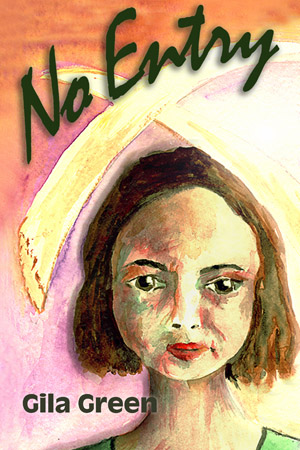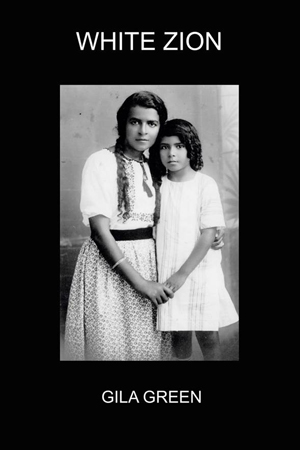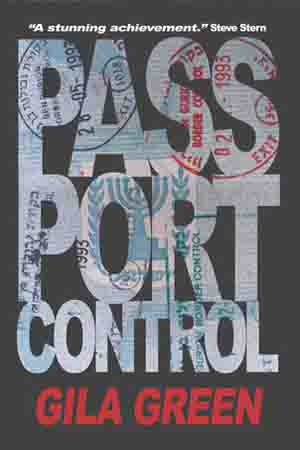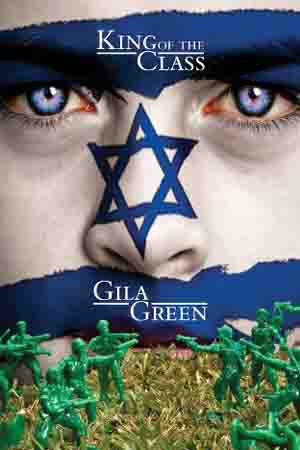White Zion is a novel-in-stories (Cervena Barva Press, 2019).
The novel takes readers into the worlds of 19th century Yemen, pre-State Israel, modern Israel and modern Canada. You will hear the voices of a young boy marveling at Israel's first air force on his own roof, the cry of a newly married woman helpless to defend herself against her new husband's desires, the anger of the heroine's uncle as he reveals startling secrets about his marriage and the fall-out after generations of war.
Book Club Discussion Questions for White Zion
1. Why do you think the author chose the title White Zion? What does it signify to you? Would you have chosen a different title?
2. Who is the hero/heroine of this novel-in-stories? What makes a hero or heroine?
3. Do you think the author chose the right format for this work? In other words, do you think the work would have been more effective as a novel rather than a novel-in-stories?
4. Did you learn anything about Yemenite Jews? Israel? Other cultures? Did you find the book educational?
5. Did White Zion offer you another perspective on Israel or Canada? What about the Ottoman Empire?
6. Were there any friendships in White Zion? Why or why not? Do you think that was deliberate on the part of the author?
7. In White Zion there are many family relationships. Which struck you as the most outstanding? Could you relate to any of the family relationships in this work?
8. Miriam loves her grandmother but her grandmother makes comments some may perceive to be racist? Do you think Miriam considers her grandmother a racist?
9. What part does war play in White Zion? How many wars are mentioned and do you believe they are explained adequately?
10. Do you think Miriam's father sacrificed something when he moved to Canada? Was it the right thing to do? Have you made similar sacrifices?
11. The themes of intermarriage and blended families are explored both in "Spider Places" and in the short story "White Zion"? What do you think the author is telling readers about intermarriage? Do you relate to these messages?
12. Do you believe there are "good guys" and "bad guys" in White Zion? When all is said and done where would you put Miriam? Her father? Her mother?
I pictured my father then as a twelve-year-old boy in Israel’s first year of life: 1948. He was late for school again. He had spent too much time in the provisional control room on his roof, inhaling the sights and sounds of the emerging Israeli air force. There were pilots practically within arm’s reach speaking in low tones as they boiled water for their first cup of coffee. A few of them were sleeping in makeshift tents or single worn-out sleeping bags, but most had already scraped the last of the dysa, a hot breakfast cereal, out of their bowls and were preparing for another day of war.
"Assaf, get the leftovers while they are still hot. Assaf!" his mother called to him in Arabic. She does not speak Temani like his father, only Hebrew and Arabic.
Assaf scattered the rest of the yellow grains to the five rust-colored chickens they kept in their front yard and began to climb the wooden ladder the soldiers had attached to the back wall of their stone house: these were the stairs to the airport headquarters.





